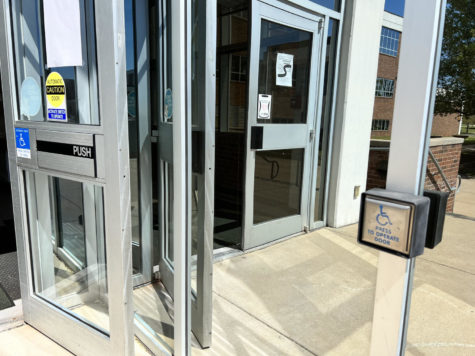Is it time to break the habit?
For far to long people fall victim to their own bad habits. We as humans are said to be creatures of habit. Habits can go unnoticed until someone says something. Daylight saving time is the habit that we need to break. It is an inconvenient dangerous invention that does not serve much of a purpose.
Daylight saving time first came about to help save energy during World War I. It was renounced greatly afterwards. Then it made its comeback during World War II and has stuck ever since. While other countries around the globe have already broke this habit. The U.S. as a whole as yet to do follow suit.
Much like other subjects in this country we are divided. Arizona does not observe daylight saving time, except for the Navajo Nation located in Arizona. According to National Geographic, Kansas, Oklahoma and Texas are trying to do the same thing.
Also According to National Geographic, Florida already passed a bill to stay on daylight saving time pending federal approval, and California, Oregon, Washington are trying to do the same.
Whether you are for or against daylight saving time, there needs to be a census that everyone in the U.S. follows the same thing. We as nation all stay on daylight saving time or we all switch to standard. While there are some solid arguments for the former, like less car wrecks and more productivity, the latter is the better choice.
While it is only a subtle move it can have a major impact. Switching back and forth each spring and winter can mess with a person’s internal clock.
According to Anne Buckle on timeanddate.com, when the clocks get moved forward in the spring there is an increase in heart attacks and a decrease in productivity. Not only that, but it is linked to causing more traffic accidents due to fatigue.
“Tiredness induced by the clock change is thought to be the main cause for the increase in traffic accidents on the Monday following the start of DST,” said Buckle.
People need sleep and because people are creatures of habit it is hard for them to go to bed early one night out of the week when they usually go to bed later. Every hour counts, and going back just one could cost you in ways you did not even think about.
The time zone changes within the U.S. already affect people who live along those borders. If the states on either side choose the opposite way to stay whether that be standard time or not could mean more than just a one hour time difference. If you live on the border of Geogia and Alabama you already have to implement the hour time change in your everyday life.
However, if Georgia decided not to go back to standard this fall, and Alabama did go back then there would be a two hour time difference instead of one. If it is 8 p.m. in Alabama and 9 p.m. when the time change occurs, Georgia would stay at 8 p.m., but Alabama would jump to 10 p.m. creating more confusion.
When you go to set your clock forward an hour on Nov. 1, while it will feel nice to have the extra hour, remember that in the spring we will lose an hour and that will not feel so good. The inconvenience that arises with this problem will crate more chaos and division between the states. If a chance ever arises, stand against daylight saving time, and break free of this bad habit that has been around for way too long.
Your donation will support the student journalists of Missouri Southern State University. Your contribution will allow us to purchase equipment and cover our annual website hosting costs.





























